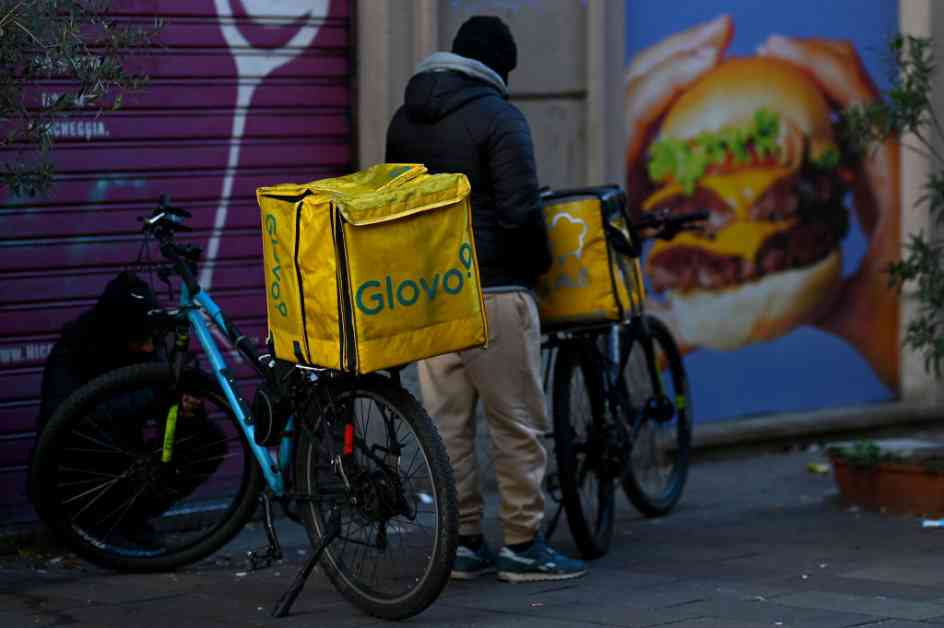Glovo Adapts to Spain’s Riders Law, Plans to Hire Thousands of Couriers
Glovo, a popular Spanish delivery app owned by Germany’s Delivery Hero, is making a significant shift in its operations to comply with Spain’s labor laws. The company has announced its plans to hire approximately 15,000 couriers, who are currently classified as “self-employed” by Glovo. This decision comes after mounting pressure on Glovo to address labor rights issues in its home market. The company also anticipates a substantial impact on its earnings, estimating a €100 million hit as a result of these changes.
Background on the Issue
In 2021, a Spanish labor reform officially recognized gig workers, specifically those working for delivery platforms, as employees. Despite this legislation, Glovo has continued to engage most of its riders as independent contractors, utilizing subcontractors to avoid compliance with the law. However, Glovo’s recent announcement signals a shift in its approach, acknowledging the need to address legal uncertainties surrounding its labor practices.
Challenges and Legal Scrutiny
Prior to the enactment of the 2021 Riders Law, Glovo had already faced fines for labor violations. The company’s CEO and co-founder, Oscar Pierre, is currently facing legal proceedings related to alleged breaches of the labor law. Additionally, Glovo is embroiled in a competition lawsuit with rival Just Eat, seeking damages amounting to €295 million. These legal challenges highlight the complexities and consequences of non-compliance with labor regulations in the gig economy.
Reactions and Implications
Following Glovo’s announcement, Spanish Labor Minister Yolanda Díaz expressed that companies like Glovo must adhere to the law and cannot operate outside its boundaries. This development underscores the growing importance of enforcing labor rights and regulations in the evolving landscape of app-based delivery services.
As Glovo navigates this transition and works towards hiring thousands of couriers as employees, the company faces a pivotal moment in its operations. The decision to comply with Spain’s labor laws not only reflects a shift towards greater accountability and transparency but also sets a precedent for other gig economy platforms to prioritize the well-being and rights of their workers. In an industry where flexibility and convenience often come at the expense of labor protections, Glovo’s adaptation signals a potential turning point towards a more equitable and sustainable future for gig workers across Spain.











